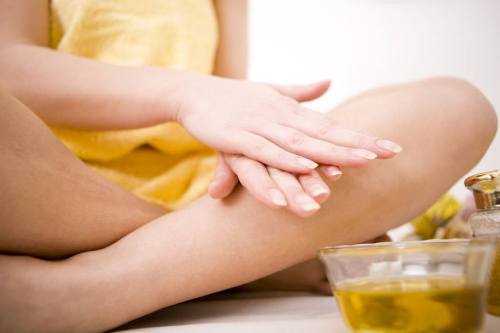Our editors independently select these products. Making a purchase through our links may earn Well+Good a commission
For most, ferociously Googling “how to treat dry skin” is just as much of a winter activity as snowball fights and refreshing our sweater wardrobes. And while you’ve likely slathered on what feels like every cream, balm, and lotion that the Internet has to recommend, there’s one solution you may not have tried yet: essential oils for dry skin.
As any wellness lover worth their meditation app membership knows, essential oils boast an extensive roster of benefits—from plummeting stress and helping you sleep (looking at you, lavender) to working antimicrobial magic on skin (hey there, tea tree). An interesting tidbit, about how these delightful smelling cure-alls actually work: They’re created within aromatic plants that help protect them from bacteria, viruses, and fungi, and when these compounds are extracted into essential oils they can have similar benefits for us. Cool, right?
“Essential oils are absorbed into the skin via the hair follicle,” explains Kimberlee Geng, the American Director of Education at Aromatherapy Associates. “All essential oils are believed to have nonpathogenic, anti-bacterial properties; some are antiviral, anti-fungal, and anti-inflammatory. Essential oils also contain antioxidants which help to prevent cell damage caused by oxidization and protect against the buildup of toxic waste in skin cells, thereby helping to reduce the signs of aging.”
But before you run off to shower yourself in straight-up EOs, it’s important to be aware that when they’re undiluted, they can actually cause a lot of irritation and have a drying effect on the skin. AKA: The opposite of what you want. “Most are too concentrated for direct application on the skin,” says Geng. “They are usually diluted into a carrier medium such as a plant or vegetable oil that immediately increases the action of the essential oils to soothe and heal. They can also be combined in a good, high-quality unscented lotion or your favorite body oil of choice.” Some of her favorites? Coconut oil, almond oil, jojoba oil, hemp seed oil, olive oil, apricot kernel oil, rosehip oil or shea butter. During the winter months, steer clear of oils like lemongrass, tea tree, and cinnamon, which have drying properties and will leave your skin even more dehydrated than when you started.
For the most part, essential oils are safe for anyone to use, but it’s worth being aware that even though they’re natural, your body can still react to them. “Always consult with a professional when utilizing essential oils—overuse and improper blending are common mistakes that may cause a reaction or irritation to the skin,” says Geng, noting that pregnant women, individuals with specific illnesses, and children should be cautious and avoid specific essential oils. “Find trusted brands that have documentation of purity and disclose all ingredients, and never ingest essential oils not produced for consumption as they may have toxic effects.”
But back to the problem at hand: Your winter skin woes. Here, we rounded up the best essential oils for dry skin, which will have your skin looking—and smelling—ready for springtime.
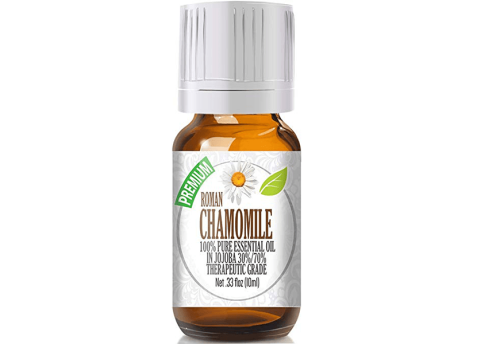
Chamomile: In addition to being a massive part of bedtime routines, the common tea ingredient you’ve been sipping on all these years has a lot to offer your skin in addition to your bedtime routine. The gentle herb acts as natural anti-inflammatory, and helps to heal skin when its feeling beaten down by winter weather. Chamomile, $14
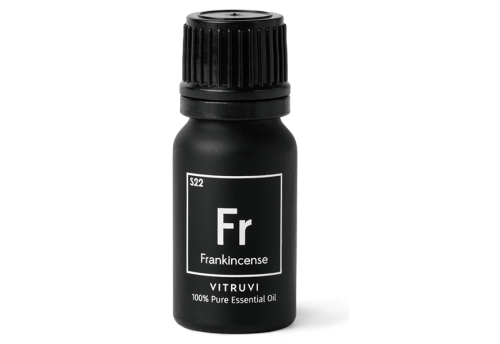
Frankincense: It’s supporting role in the story of Christmas isn’t the only reason you’ll should be talking about Frankincense in the winter months. It soothes dry skin, assists skin cell regeneration and vitality, and heal irritations. Frankincense, $4
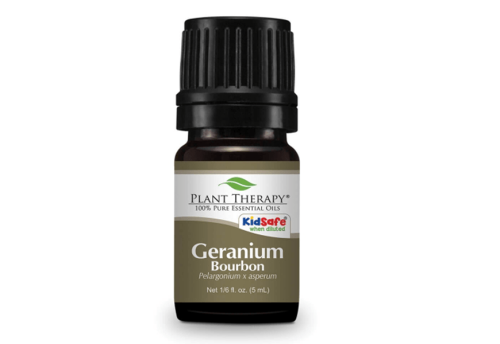
Geranium: Consider geranium the “one size fits all” of winter essential oils: Whether your skin is dry or oily, it helps to balance things out. It has astringent-like qualities that tone and firm the skin, and its anti-inflammatory properties may help minimize red, dry, irritated skin as well. Geranium, $15
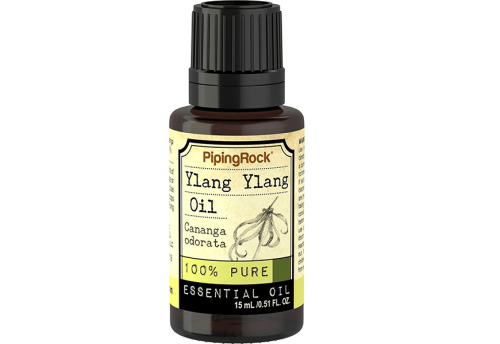
Ylang ylang: Like geranium, ylang ylang oil helps balance the oils in your skin, and can calm down any anger or irritation in the complexion. Ylang Ylang, $7
This Parisian Skincare Brand Is Launching in the United States for the First Time—Here’s What a Derm Wants You to Know

We’re Calling It: Cleansing Balms Are the Face Wash of the Future—Here Are 3 to Add to Your Cart

This Is the One Product That Scarlett Johansson Always Keeps in Her Purse and on Her Bedside Table

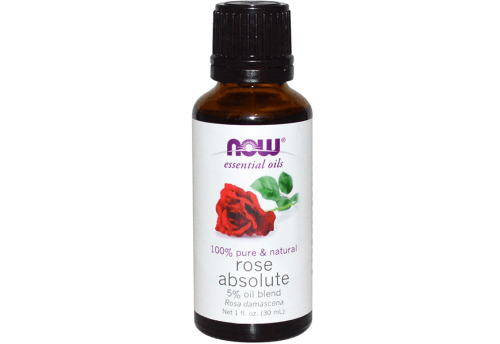
Rose: There’s a reason why so many winter lotions and creams are scented with rose. The flowery oil calms and soothes dry skin as an anti-inflammatory, and promotes better skin health by reducing irritation and burning. Rose, $12
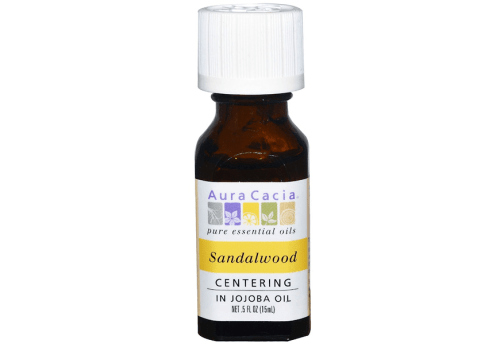
Sandalwood: Forget whatever opinions you have about sandalwood-scented incense (because personally, I can’t stand it): As a dry skin savior, sandalwood helps reduce inflammation while hydrating and soothing at the same time. Sandalwood, $12
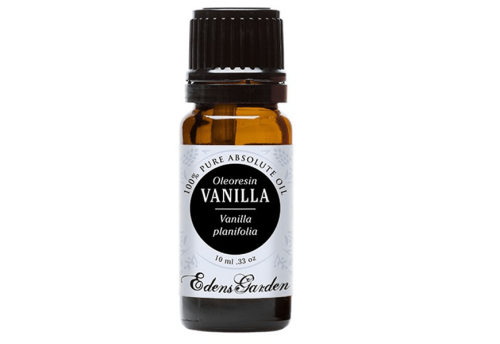
Vanilla: You know how a whiff of vanilla can help calm your brain? Well, a dab of it on your dry skin can have the same effect. Plus, you’ll get to smell like your favorite baked good all day, which is always a bonus. Vanilla, $16
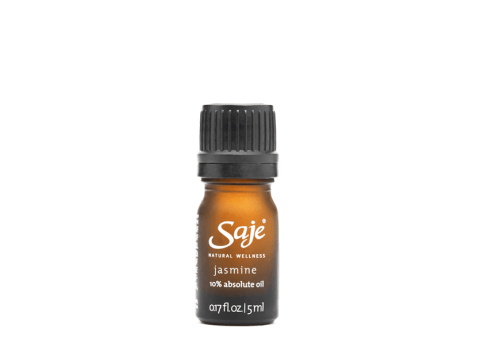
Jasmine: Not only does it smell divine, but jasmine oil is packed with antibacterial and anti-viral properties, which makes it excellent for calming dry, irritated skin. Mix it with your favorite fragrance-free lotion for a scent you (and everyone around you) will want to sniff all day long. Jasmine, $6
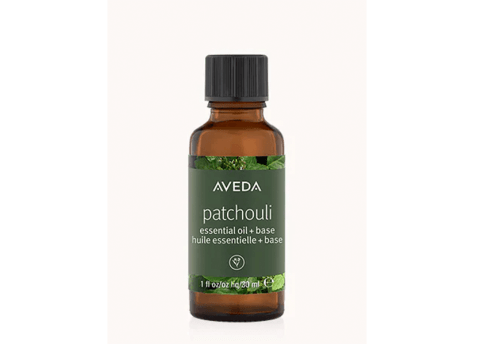
Patchouli: As a natural anti-inflammatory, patchouli helps to heal cracked skin—which means you can say buh-bye to winter woes like chapped hands and peeling lips. It can also be used on scarred skin and rough patches, so it’s great for giving knees and elbows a little extra love when they need it. Patchouli, $14
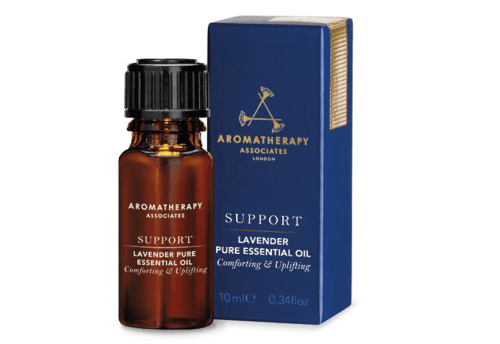
Lavender: Lavender gets a lot of credit for its sleep-inducing magic, but it can also have the same chilled-out effects on the skin. It soothes rough, dry, and irritated skin, and as a natural analgesic can help relieve pain while supporting healing and overall skin health. It’s a great choice for anyone—even those with sensitive skin. Lavender, $30
Oh hi! You look like someone who loves free workouts, discounts for cult-fave wellness brands, and exclusive Well+Good content. Sign up for Well+, our online community of wellness insiders, and unlock your rewards instantly.
Sign Up for Our Daily Newsletter
Get all the latest in wellness, trends, food, fitness, beauty, and more delivered right to your inbox.
Got it, you've been added to our email list.
